Food poisoning – just the thought of it can send chills down your spine. One minute, you’re enjoying what seemed like a delicious meal, and the next, you’re doubled over in pain, wishing you had eaten somewhere else. Food poisoning isn’t just an unpleasant experience – it can seriously affect your health, work, and daily life. But when it happens, who is responsible? Can someone be held legally accountable for your suffering?
If you’ve been a victim of food poisoning, understanding who may be at fault is key to seeking justice and compensation for your ordeal. Here's what you need to know.
Who Could Be Held Responsible for Food Poisoning?
Food poisoning doesn’t just happen out of nowhere. It’s often a result of negligence in the food preparation or manufacturing chain. Depending on the circumstances, one or more parties could be responsible. Here are the usual suspects:
1. Restaurants and Food Establishments
When you dine out, the restaurant owes you a duty of care to serve safe food. If they failed to properly handle, cook, or store your food, they could be held liable for your food poisoning. Common examples include undercooked meats, cross-contamination between raw and cooked food, or keeping perishable items at unsafe temperatures.
2. Food Manufacturers
Sometimes, food poisoning isn’t due to how the food was cooked but rather to how it was produced. They could be at fault if a manufacturer made or distributed contaminated products – such as packaged salads tainted with E. coli or underprocessed canned goods that led to botulism. Processing, packaging, or quality control issues can quickly become a public health hazard.
3. Suppliers or Distributors
Food often passes through many hands before it lands on your plate. Suppliers and distributors are responsible for keeping food shipments safe during storage and transportation. If they fail to maintain proper refrigeration or accidentally expose the food to contaminants, they might share the blame for your illness.
4. Grocery Stores or Retailers
Did you buy groceries that made you sick? Retailers who sell spoiled, expired, or improperly stored food could also be held liable. For example, if a chain of supermarkets failed to maintain safe storage conditions for dairy or seafood, they could be responsible for these dangerous oversights.
Proving Fault in a Food Poisoning Case
Proving liability in food poisoning cases can be tricky. After all, food poisoning isn’t like a broken bone where the cause is immediately obvious. You’ll need solid evidence to show that someone’s negligence caused your illness. Here’s how:
1. Documentation of Your Illness
Start by documenting your symptoms and medical diagnosis. Seeing a doctor isn’t just essential for your recovery – their medical records can establish that you were indeed poisoned by contaminated food. Lab tests confirming the specific bacteria or toxin causing your illness can also strengthen your case.
2. Keep the Evidence
If possible, save the food that made you sick. While this isn’t always an option, testing the leftovers by a health department or lab can help link the contamination to the source.
3. Receipts and Photos
Receipts from the meal in question or photos of the food can help tie your illness to a specific establishment or product. The timeline matters, too—food poisoning symptoms often show up within hours to a few days of eating contaminated food.
4. Trace the Source
If the contamination is part of a larger outbreak, health departments may trace the origin of the problem to the restaurant, warehouse, factory, or farm responsible. This information can be invaluable in proving your case.
What Compensation Could You Be Entitled To?
If you can prove negligence caused your food poisoning, you may be entitled to compensation for the impact it has had on your life, including:
- Medical Costs: From doctor visits and hospital stays to medication and lab tests.
- Lost Wages: If your illness kept you from going to work, you could recover your lost income.
- Pain and Suffering: The physical and emotional toll of food poisoning shouldn’t be underestimated.
- Other Expenses include childcare costs, canceled plans, or ruined vacations resulting from your illness.
Serious cases of food poisoning – such as those leading to organ damage, long-term health effects, or even death – could result in higher damage awards.
Steps You Should Take Right Away
If you suspect food poisoning, here’s what you should do immediately:
- Seek Medical Attention – First and foremost, your health comes first. Get treated as soon as possible.
- Report the Incident—Contact your local health department to report your illness. This could help identify outbreaks and their sources.
- Gather Evidence – Take notes, save receipts, and collect any remaining food or packaging. Every detail may help.
- Contact an Attorney – Food poisoning cases are tough to handle alone. An experienced personal injury attorney can help evaluate your case, gather evidence, and pursue compensation on your behalf.
Atlanta Food Poisoning Lawyer
If you or someone you know has been affected by food poisoning, it's crucial to understand your rights and the options available to you. Van Sant Law, located in Cumming, GA, specializes in personal injury cases, including those involving foodborne illnesses. Our experienced attorneys are dedicated to helping victims seek the compensation they deserve. Contact us today at (800) 234-9556 to learn more about how we can assist you in navigating the legal process and holding responsible parties accountable.





.2410171551550.png)
